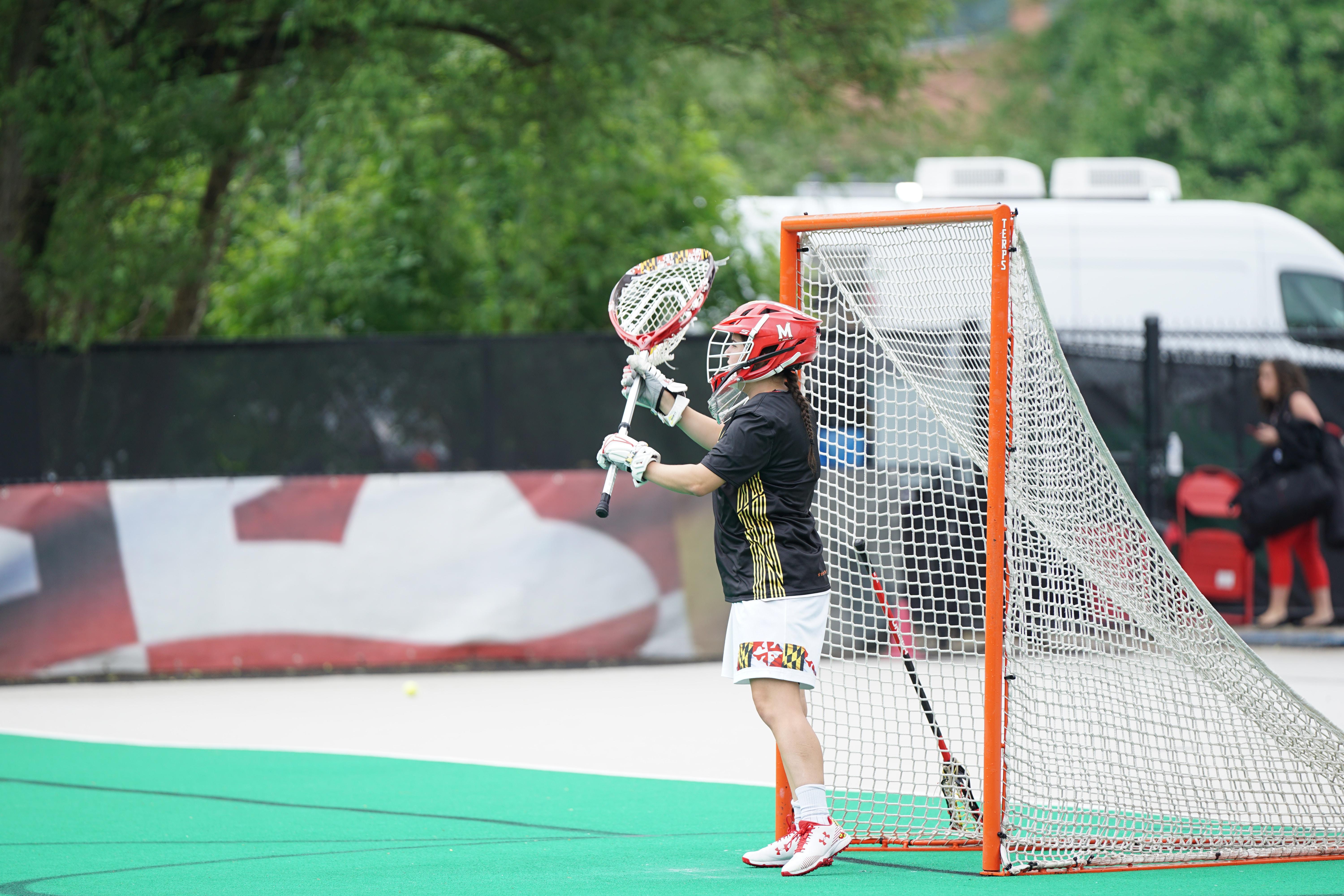Overcoming Abuse

Context
Following a safeguarding issue, it's inevitable that athletes will be affected in some way for some time. The impact and coping strategies that result will be different for each individual. Some will display anger; others may become withdrawn and internalise their feelings and emotions.
Prioritising wellbeing will be crucial, alongside monitoring for signs that the situation is becoming overwhelming.
Trust is one of the main areas affected by abuse. When an athlete is abused by someone they once admired or respected or someone in a position of authority, their ability to trust can be shattered.
This will also affect their ability to trust others, including friends and future relationships. In these situations, it's crucial to have a trusted person to turn to for guidance and support and a support network with people who care about their wellbeing. It is important to allow them to talk (if they want to) and for you to simply listen. Feeling heard will be a crucial part of the healing process.

Getting professional help
For many, offloading fears and emotions with an impartial and uninvolved person will be far easier than with family/friends. Professional counselling is highly recommended for these athletes especially. In an ideal scenario, all affected athletes should have access to professional support.
Coping Strategies
Channelling anger and frustrations to achieve success can be an extremely positive and proactive approach. Every win and personal best can be viewed as, and feel like, a win against the abuser, empowering athletes to rise above the wrong that they have been subjected to.
When a training group is affected
Safeguarding issues that involve a coach can sometimes impact an entire training group/team. Knowing they will all be dealing with the same or similar feelings and emotions can provide a common bond within the group. In these scenarios, training partners can be a significant support for each other.
It's important to understand that members of the group might be affected in different ways and to different degrees.
Helping Another Athlete
Understand that this will be an incredibly difficult time for them and that they could be affected in many different ways.
Encourage them to open up, but be aware that this might be difficult. If they don't want to talk, ensure they know you will be there for them and ready to listen when they are ready.
Overcoming this form of adversity might require professional help in the form of counselling. Encourage them to reach out.
Self-care is important for wellbeing but is often the first thing to be neglected in these situations. Encourage them to take care of themselves physically, mentally, and emotionally.
Remind them that they are not alone and that support is available.
Take Home Points
Victims can experience many emotions following abuse. Anger is a very common one.
Trust issues will inevitably follow.
Channelling anger and frustrations to achieve wins and personal bests can be an extremely positive approach.
Note: We have used the word ‘coach’ as a relatable example to represent anyone in a position of responsibility who performs/attempts abusive behaviours within a sporting context.









Comments